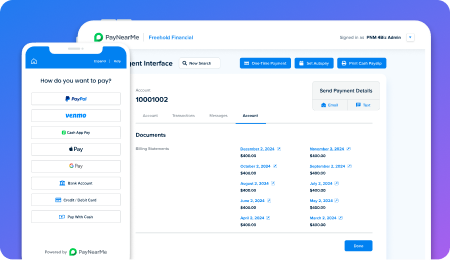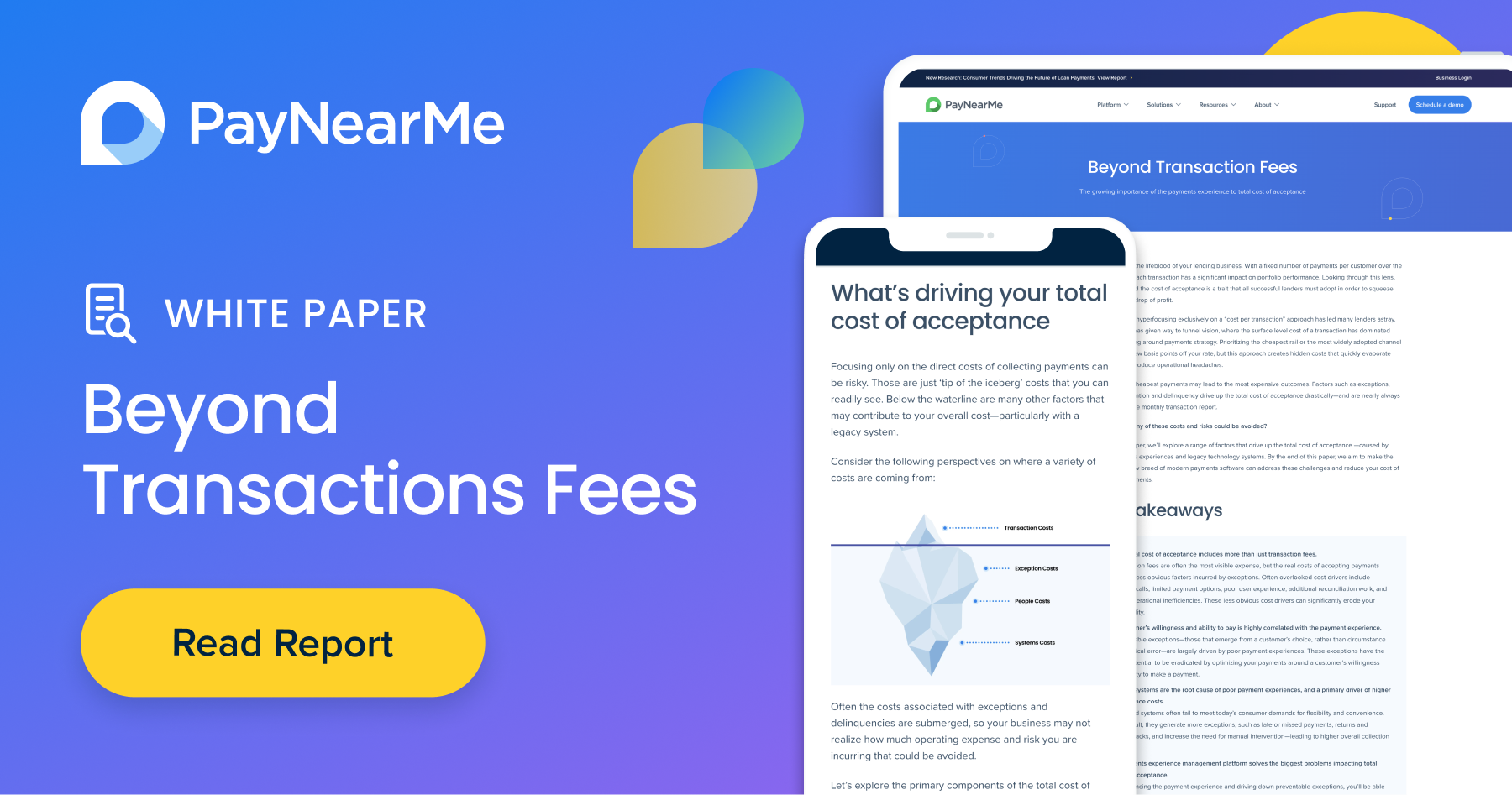Who are Millennials and Why do They Matter to Auto Lenders?
When thinking about a typical auto buyer, Millennials (aka “Generation Y”, or those born between 1980 and the early 2000s) don’t typically come to mind.
So why are they such a hot topic in the auto-lending industry? Millennials already comprise 25 percent of the population today, and they will be the majority of the U.S. workforce by 2025. While many of them are only starting to enter the workforce, their buying power is increasing, and that drives a need to understand their auto buying behavior and their payment preferences.
Out of all of the research conducted on this important consumer segment, what is perhaps most surprising is that nearly half of Millennial households are un- or underbanked (collectively referred to as ‘financially underserved’).
According to the FDIC, unbanked consumers “lack any kind of deposit account at an insured depository institution,” while underbanked consumers “hold a bank account, but also rely on alternative financial services (AFS) providers.” In this financially underserved population, Millennials make up the largest segment – 30 percent of all the unbanked households. Despite being such a large and increasingly important consumer segment, many misconceptions still prevail about Millennials and their preferences.
Millennials embrace alternative financial services
Millennials debunk the widely held belief that only lower income consumers use alternative financial services (e.g. check cashers, payday lenders). As a consumer segment, Millennials are evenly distributed across income brackets and rely on AFS regardless of how much money they may be making. For example, 34 percent of Millennials in the lowest income bracket have used a check cashing service, which is quite comparable to 29 percent of Millennials in the highest income bracket who also used the service.
More surprising is Millennials’ affinity to cash, especially considering that many of them are digital natives. Out of 18 to 24-year-olds, 40 percent of prefer cash – the highest percentage of any age group. Although cash is not often thought of as an alternative financial instrument for payment, when used in the context of a generation of notably savvy digital consumers, it does seem quite “alternative”.
Millennials want efficiency
The affinity to cash points to Millennials seeking transparency and efficiency in their financial habits. According to The Financial Brand’s “Millennials Desperate for a Better Banking Experience,” 42 percent of AFS users report using alternative providers because of convenience and 31 percent prefer AFS because of predictable fees.
There are other potential reasons, though, why Millennials could be choosing AFS. Millennials grew up through the 2008 banking meltdown and have potentially learned to distrust traditional financial institutions. More recently, security breaches of credit card data have furthered this lack of trust.
Millennials also grew up “net-native”: with the Internet at their fingertips. They are used to speed and instant gratification – concepts that don’t necessarily come to mind when thinking about traditional banks. Being a bank customer requires an investment of time and effort to build a relationship. In contrast, using AFS offers a quicker, more transactional alternative.
Millennials buy cars differently than the generation before them
Over 75 percent of Millennials indicated they are planning to purchase or lease a vehicle within the next 5 years according to a Deloitte study. The study cites affordability, fuel efficiency, and better payment options as primary roadblocks to Millennials actually buying a car.
Beyond these roadblocks, Deloitte found that 52 percent of these consumers spend more than 10 hours researching car brands before making a decision and value the price transparency available online. Lenders and dealers therefore need to be proactive to meet Millennials needs for both new sales and for servicing.
Having clear information available online can be vital, as Millennials are forming an opinion well before they ever walk onto the lot. Similarly, offering relevant payment options is key to a successful servicing relationship.
Millennials, as consumers, are optimistic
Seventy-nine percent of Millennials expect to be better off in ten years, and they anticipate having similar or better lifestyles than their parents. Even though current economic woes may have forced Millennials to put the foundations of adulthood—marriage, parenthood, homeownership—on hold, they’re always thinking about their next major purchasing decisions in contributing to their future goals. Buying a car is one of the primary building blocks to achieving their goals.
So what does this all mean? While many in generation X are surprised by Millennials’ aversion to the traditional financial system, they are still savvy, aspirational, and in the market for a car.
They crave efficiency and transparency in the buying process, and they demand convenience for making their payments. All auto finance players, dealers and lenders alike, need to act quickly to ensure they are organized to meet the Millennials’ needs.




